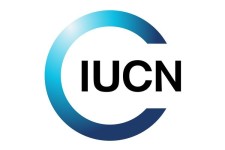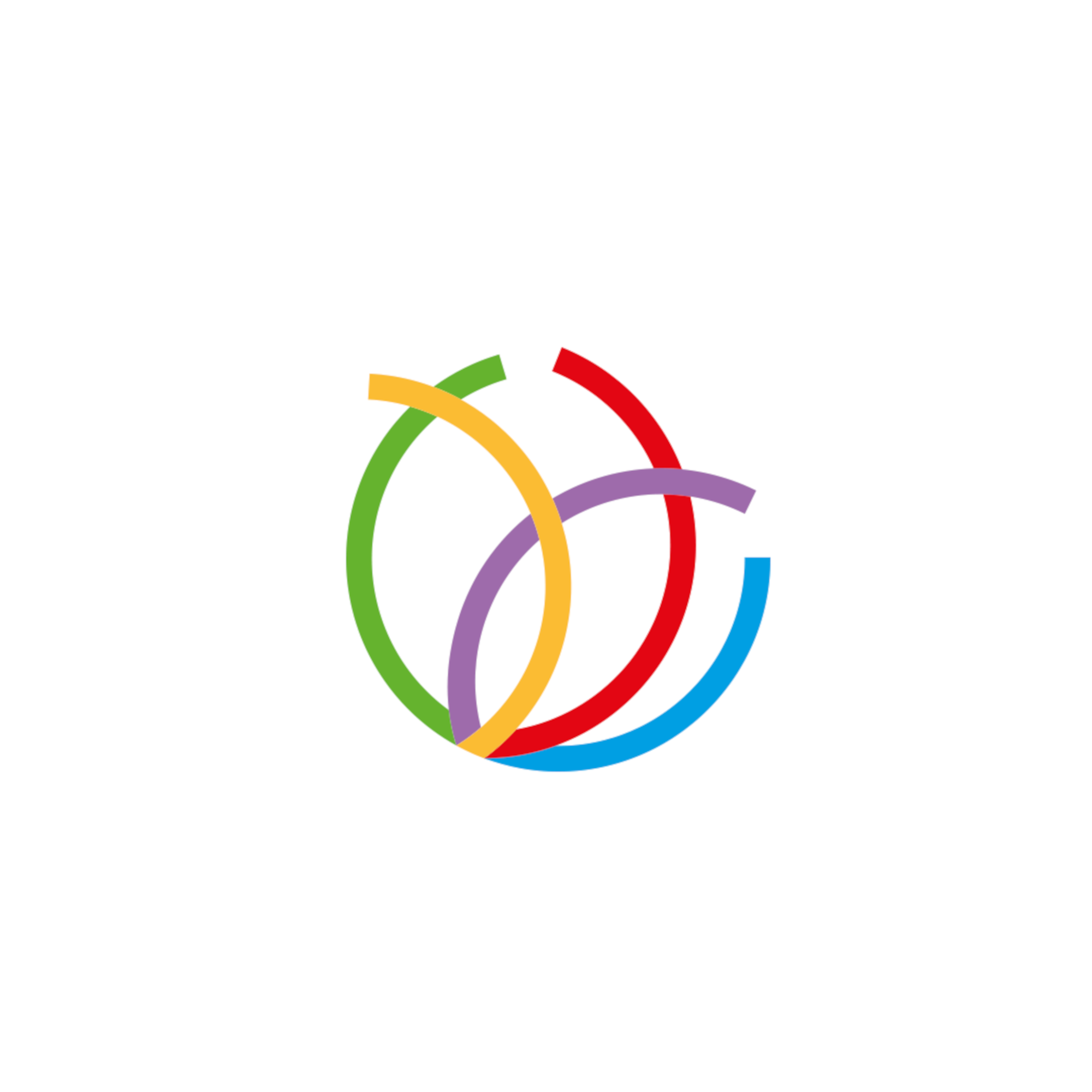International Union for Conservation of Nature (IUCN)

.
The International Union for Conservation of Nature (IUCN) is a membership Union uniquely composed of both government and civil society organisations. By harnessing the experience, resources and reach of its more than 1,400 Member organisations and the input of some 15,000 experts, IUCN is the global authority on the status of the natural world and the measures needed to safeguard it.
IUCN provides public, private and non-governmental organisations with the knowledge, tools and projects that enable societies, economies and nature to thrive together. These include data, assessments and analysis, trusted standards, neutral convening fora, and capacity-building resources.
Founded in 1948, IUCN has become the global authority on the status of the natural world and the measures needed to safeguard it. The knowledge, tools and platforms IUCN provides are critical for ensuring that societies, economies and nature can thrive together.
IUCN works on projects linking health and environment for example in prevention of pandemnics.
The IUCN Secretariat includes around 1,000 staff in over 50 countries.
The Secretariat includes five Centres, one reports to the Director General and four led by our Deputy Director General – Programme. Three Centres reflect the pillars of sustainable development: environmental sustainability, economic feasibility and social equity. These are reinforced by Centres that focus on science and data, and international policy.
IUCN has eleven operational regions which implement IUCN’s Programme in their respective territories. Each operational region is led by a director who reports to the Director General via the Deputy Director General - Regional and Outposted Offices.
.
- NGO, CSO or association
.
- Environmental health, one health, planetary_health
.
- Humanitarian or development action
- Policy brief or recommendation of good practices
.
- Mainly international
.




